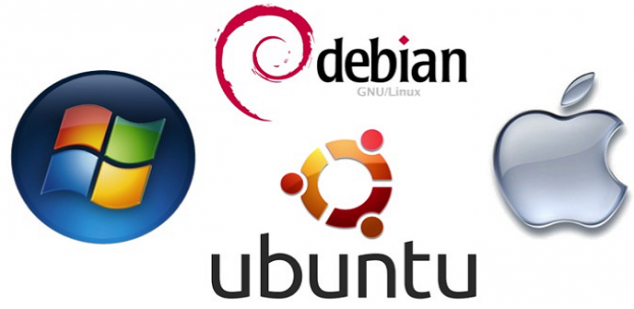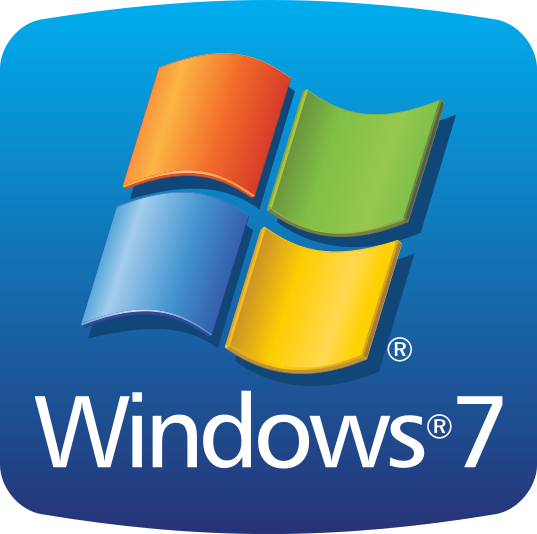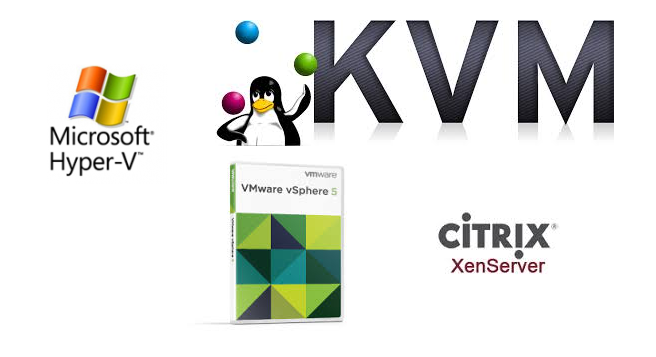How many types of operating systems are there?
Below are some classifications of types of operating systems, depending on their main characteristics:
- Desktop/Laptop: These are operating systems for office or home applications, with a large graphic component for user interaction. For example Windows 7/8/10, MacOS, Chrome OS, or Linux Ubuntu.

- Mobile: These are operating systems made for mobile devices, such as tablets or smartphones. Such as Android, iOS, Windows Phone.

- Multi-user: Allows the connection of several users at the same time. That is to say, more than one session at the same time. For example Windows Server.

- Single-user: You can only have one active session at a time. For example the basic versions of Windows.

- Multitasking: These are operating systems that allow the simultaneous execution of more than one task. Although in reality the operating system handles them sequentially, but in such a fast way, that for the user they are all running at the same time.
- Single-tasking: You can only run one task at a time outside of the operating system’s own processes.
- Hypervisors: These systems are below the operating systems, allowing the virtualization of more than one operating system on the same physical machine. For example Citrix’s XENServer, VMware’s VSphere, Microsoft’s HyperV or Oracle’s VirtualBox.

- Server: There are some variants of servers that have little or no graphical interface, to give greater efficiency to all internal processes to be executed by the system, for example Solaris, CentOS, Unix.
Which operating systems exist?
At server, desktop or laptop level, some operating systems can be:
- Windows 7/8/10,11, Server
- OSX (MacOS)
- Linux Ubuntu
- Linux Fedora
- Linux CentOS
- Chrome OS
- Linux Red hat
- Linux SUSE
- Solaris
- Open Solaris
- Linux Debian
For mobile devices:
- iOS
- Android
- Windows Phone
- Blackberry OS
- Firefox OS
- Symbian OS
It is very important to know the wide variety of operating systems that currently exist, in order to choose the best one that suits us according to the application for which we want to use it.
This article is part of the knowledge difussion system of ITSoftware SAS.
If you liked it, please do not forget to share it on social networks. 😉 Thks



Excelente información!!!!, Justo lo que necesitaba repasar para mi examen sobre Fundamentos de Computación, gracias y le pido que siga elaborando materiales tan didáctico para una analfabeta digital como yo…
Muchas gracias